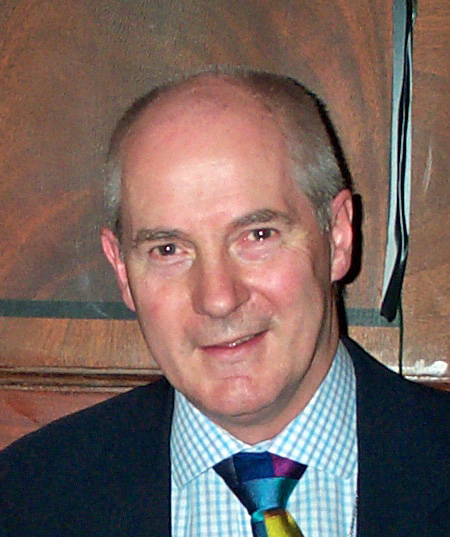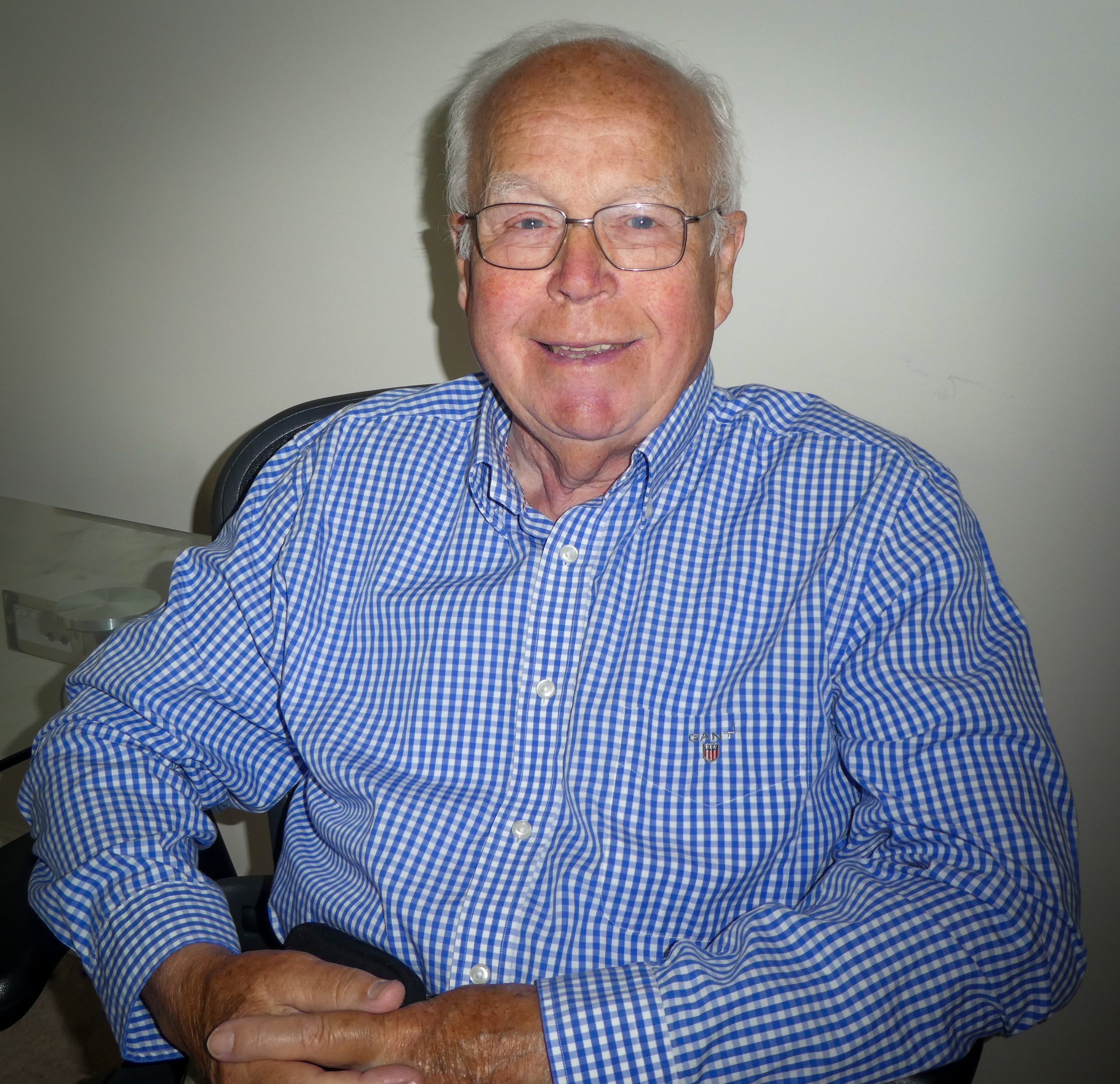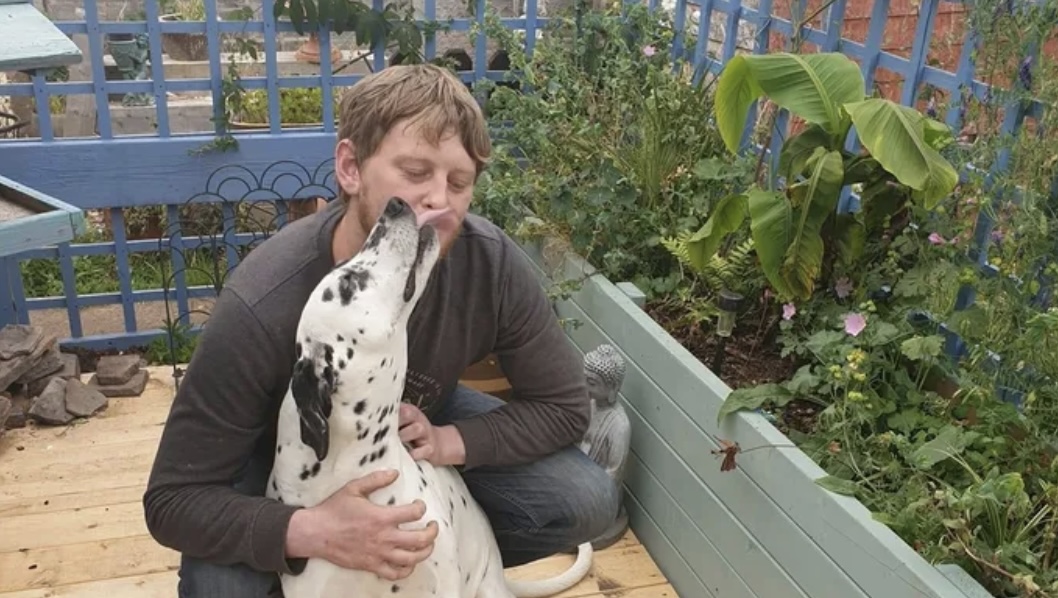New Model Institute for Technology and Engineering (NMITE) will be the host for a prestigious Leverhulme Emeritus Research Grant to observe its pioneering ‘Learning without Lectures’ technique as it is put into practice. The grant was awarded to Honorary NMITE Professor Peter Goodhew who will be leading the research over a two-year period.
The Emeritus Fellowship from the world renowned Leverhulme Trust provides funding for research into science, social sciences and humanities by retired or partially retired academics and will allow Professor Goodhew to study and assess NMITE’s new approach to engineering education when its future learners start at NMITE. The research is set to provide valuable information for NMITE as well as for the wider global education and academic community.
Professor Goodhew was awarded a CBE in 2017 for his contributions to engineering and education and has been a well-known engineering professor for many years, including holding posts such as President of the Royal Microscopical Society and Dean of Engineering at The University of Liverpool. He is currently a member of the Trustee Board of The Royal Academy of Engineering as well as an Honorary Professor at NMITE.
Professor Peter Goodhew commented: “Observing the Design Cohort during NMITE’s planning stage motivated me to apply for the Leverhulme Grant. I am greatly looking forward to beginning the new project when NMITE’s future learners start to develop their own approaches to learning in teams but without lectures.
“Engineering education has conventionally been taught via lectures, but we are starting to see a few institutions around the world turning towards less conventional pedagogies. Foremost among these is ‘Learning without Lectures’ using a series of project-based ‘sprints’ in their place. This is a vision NMITE shares, and I hope my future observations will help influence national and international thinking about the future of engineering education.
President and Chief Executive at NMITE, Professor Elena Rodriguez-Falcon, commented: “Professor Goodhew’s support and advice for NMITE to realise our vision has been outstanding, and the Leverhulme Grant is a well deserved honour. For NMITE it demonstrates that in addition to the high-profile corporate partners already supporting NMITE, the Leverhulme Committee also recognises the significance of what we hope to achieve for the future of engineering education. This is specifically around challenge-based learning, where young people will gain knowledge from hands-on projects and working as a team rather than through conventional lectures. We believe that this approach will equip our prospective learners with the skills employers will be demanding and contribute to a bright future for engineering on a global scale.”




